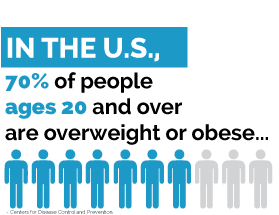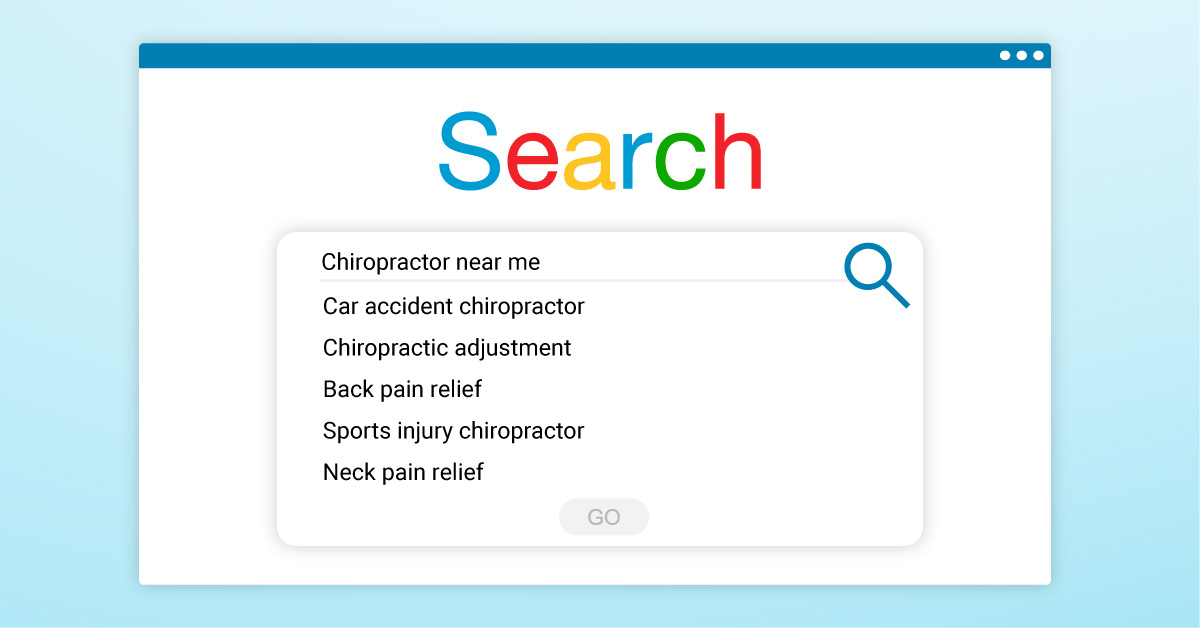Avoid Embarrassment When Talking to Your Overweight Patients

Far too many Americans carry excess pounds. In the U.S., more than 70 percent of people ages 20 and over are overweight or obese, according to the Centers for Disease Control and Prevention. The problem not only increases the risk of diabetes, heart disease and other serious health problems, but also makes it more difficult to perform chiropractic treatments.
Ask Permission
You won’t make much progress if your patient doesn’t want to talk about his or her weight. Although asking permission is important, the way you phrase the questions is equally important. If you ask, “Do you want to talk about your weight?” your patient feel may defensive. Casually mentioning that many people aren’t aware of all of the factors that can cause joint pain, such as excess weight or foods that cause inflammation, can help you broach the subject. If your patient seems receptive, offer to help him or her make better food choices or lose or maintain weight.
Casually mentioning that many people aren’t aware of all of the factors that can cause joint pain, such as excess weight or foods that cause inflammation, can help you broach the subject.
Talk, Don’t Lecture
Remember when you were a teenager and your parents lectured you when you dropped your clothes on the bedroom floor or neglected to empty the dishwasher? Chances are you soon learned to tune out those annoying lectures. Your chiropractic patients may do the same thing if you drone on about their weight.
Conversations, rather than lectures, can offer better results. Discussing goals, typical meals, portion sizes, challenges in meal planning and shopping, and barriers to losing weight can be helpful during nutritional counseling sessions. If you’ve ever struggled to lose weight, mentioning that fact may help your patients feel more comfortable discussing the subject with you.
Discussing goals, typical meals, portion sizes, challenges in meal planning and shopping, and barriers to losing weight can be helpful…
Focus on Results, Not Pounds
Patients can be discouraged if the pounds don’t melt away immediately after they make changes to their diets or begin exercising. Point out any positive changes that have occurred since they begin their healthier lifestyle, such as increased energy, lower blood pressure numbers or meeting their exercise goals. When patients feel encouraged, despite the fact that the numbers on the scale haven’t decreased dramatically, they may be more likely to follow the nutritional or weight loss advice you provided.

Adding nutritional and weight loss services to your chiropractic practice offers many benefits. In addition to providing a valuable service to your patients, offering these programs is an excellent way to diversify and create additional revenue streams.



